News
Concerns as India gov’t seeks bigger role in judicial appointment
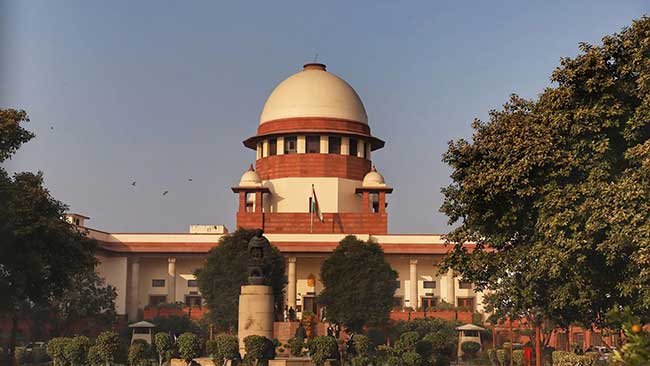
Law minister says existing judge appointment process opaque and should change, as legal experts fear direct threat to judicial independence.Senior officials in India’s right-wing government say they want to have a bigger role in choosing judges, a demand several lawyers and judges say threatens the independence of the judiciary.
Judges for the Supreme Court and the 25 high courts across India are appointed through a quarter-century-old mechanism that involves both sitting judges and government officials.A group of senior judges, known as the collegium, puts up candidates’ names to the law ministry, and these names are approved if they clear security checks.
A senior law ministry official said the government is seeking a role in selecting the candidates and was not satisfied with only being involved at the concluding stage. The official declined to be named because he was not authorised to speak to the media.
The government has recently held back on approving several candidates, without giving a reason.
The law minister said in the upper house of parliament in December that 165 high court judges were appointed last year against 331 vacancies.
Recently, the government told the Supreme Court that 44 more judges were likely to be appointed this month.
Law minister Kiren Rijiju has said the current system of appointing judges was opaque.
“I am not critical about the judiciary or the judges, but I state a fact which is the reflection of the thinking of the common people of India,” he told a news channel.
This week, Rijiju’s office said the minister was waiting for a response from the chief justice, the country’s highest judge, to the government’s demand to review the structure of the collegium.
A bill passed by parliament to change the process was rejected by the Supreme Court in 2015.
The dispute has exacerbated a shortage of high court judges and a backlog of cases. Official data shows four out of every 10 judicial seats are currently empty, and there are over 70,000 cases pending before the Supreme Court and over 5.9 million cases before the high courts.
Several lawyers and retired judges said they believed the government was seeking to influence the judiciary, which would be unconstitutional.
“We are seeing the legislative authority trying to become the supreme power,” said N Santosh Hegde, a former Supreme Court judge and a former solicitor general. “The collegium system may not be completely perfect but it is not unfair.”
Latest News
Temporally pause rooftop solar during day time from 13th to 21st April -CEB
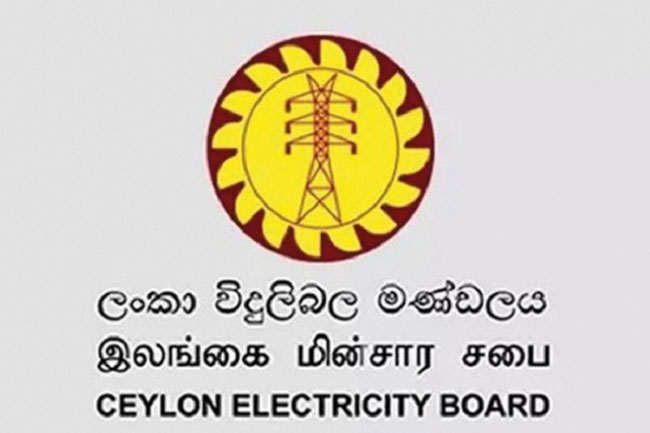
The Ceylon Electricity Board has appealed to all rooftop solar owners across the country to voluntarily switch off their solar systems during day time hours (until 3pm each day) from April 13th to 21st to prevent partial power outages or nationwide blackouts which may occur.
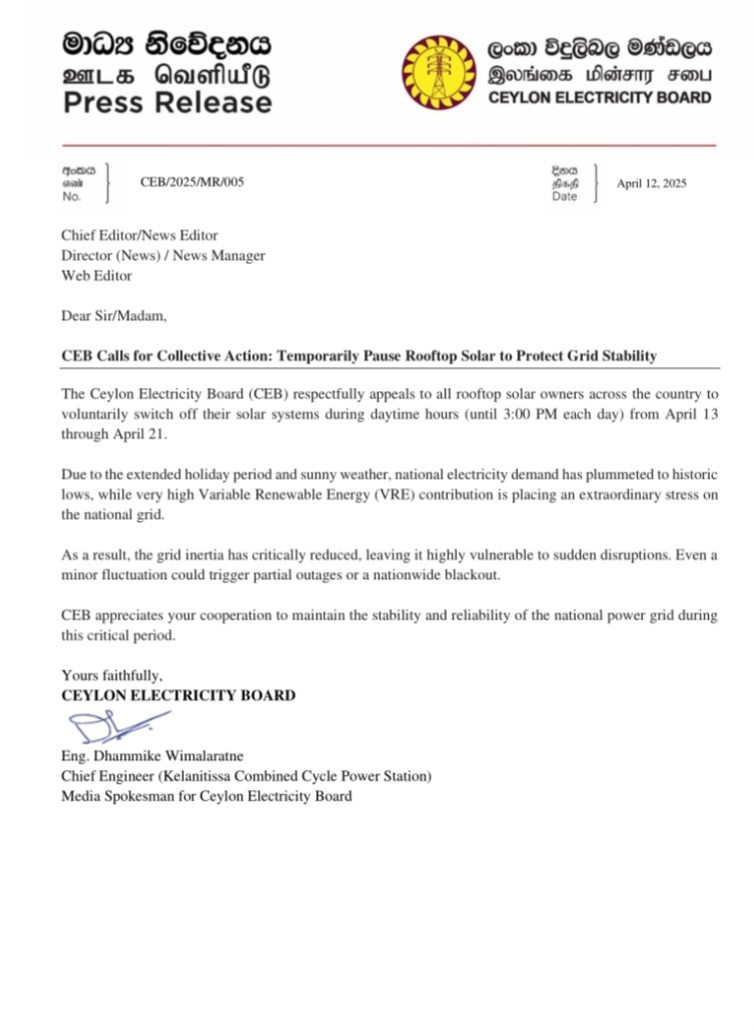
News
Government remains committed to ensuring peace and stability across the country – PM
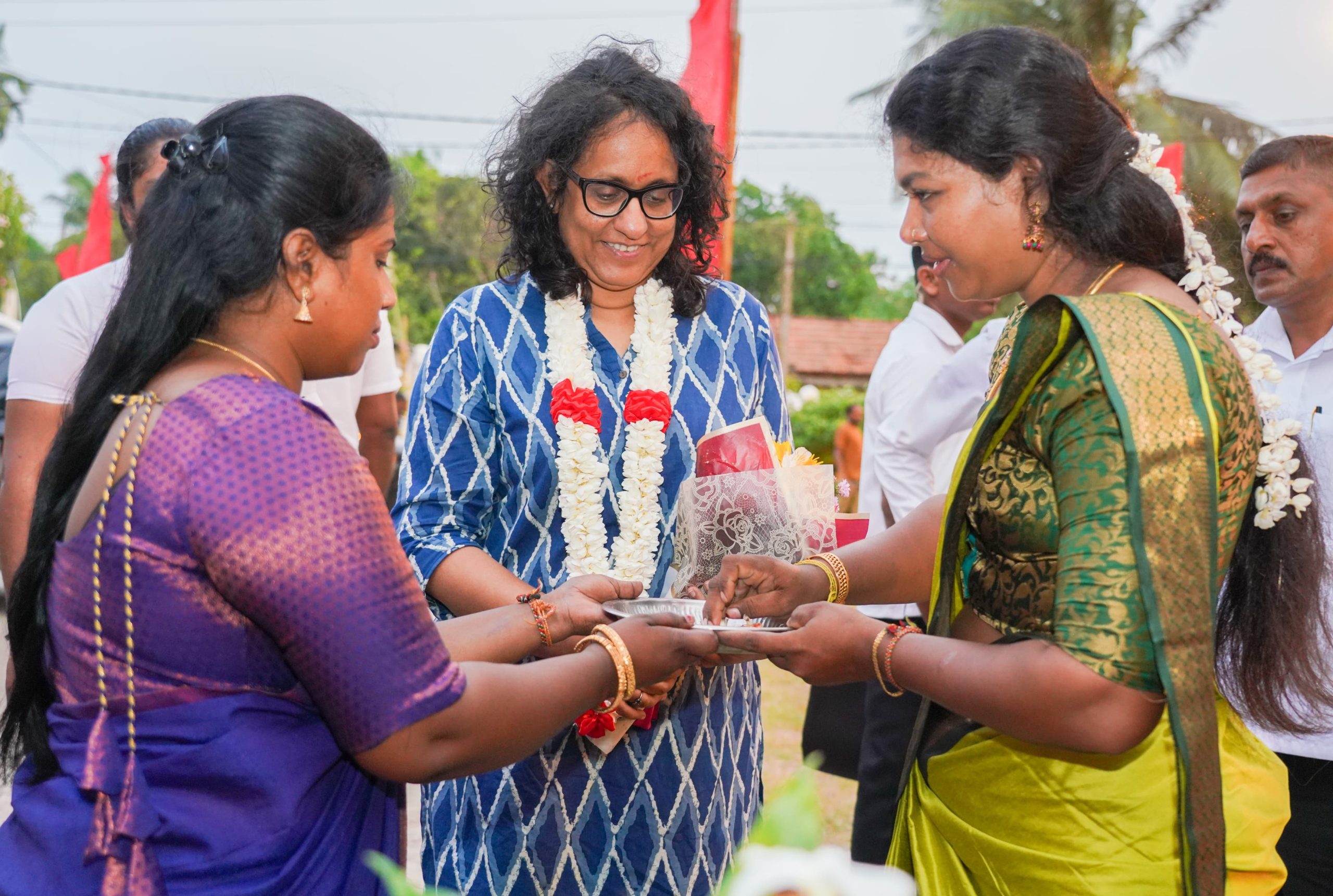
The Prime Minister Dr. Harini Amarasuriya stated that the people of Sri Lanka should no longer be burdened by conflict and the Government remains committed to ensuring peace and stability across the country, with the government and the public service must discharge their duties to meet the needs of the people.
The Prime Minister made these remarks while addressing public gatherings held in Velanai, Nallur, and Vadamarachchi.
The Prime Minister said that:
“There are numerous issues regarding infrastructure development in the Northern Province ranging from roads, drinking water supply, agriculture, and unemployment, to education and health sectors.
Many of these development tasks fall under the responsibility of local governments and provincial councils that represents your areas. However, these responsibilities have not been properly discharged.
While it is said that the issues raised in the North and East were caused by the war, 16 years have passed since the end of the war. What real change has taken place? Have the lives of the people in these areas has improved?
Although the central government allocates funds to provincial governing bodies, there should be a transparent mechanism in place to ensure that these funds are properly utilized for the relevant projects.
On May 6th, you will hold the decisive right to elect the local government closest to you that will work to uplift your lives and develop your communities. Elect representatives who are committed to serving the people, and free of fraud and corruption.
The government is actively participating in lifting the country from its fallen state and to overcome the current economic challenges. We accept that there is a long way to go. The prices of goods are still high but the government is currently working towards a change, and the people will receive the benefits in the near future.
Measures have been taken to increase the basic salary of public servants from this year’s Budget. The public service must commit to discharging duties with dedication. This must be not only a people’s government, but also a public service that belongs to the people.
Even after the independence, this country has seen much bloodshed and conflict. The people have suffered greatly as a result. The government is determined to ensure that such a situation never arises again. Therefore, the government is committed to fostering peace within the country.”
The event was attended by Minister of Fisheries Ramalingam Chandrasekar, along with several Members of Parliament and local representatives in the North.
[Prime Minister’s Media Division]
News
Focus on streamlining Research and Development activities related to defence sector

A meeting organized by the National Initiative for Research & Development Commercialization (NIRDC) was held on Thursday (10) at the Presidential Secretariat to streamline and commercialize research and development activities in the defence sector.
Participating institutions included the Centre for Defence Research and Development under the Ministry of Defence, the Sri Lanka Army, Navy and Air Force, the General Sir John Kotelawala Defence University and the Research and Development Division of the Sri Lanka Police.
The NIRDC Unit, established under the Presidential Secretariat, aims to accelerate national development by facilitating investment opportunities to commercially apply completed or nearing completion research projects from both public and private institutions.
Defence institutions play a critical role for the progress of technology and science in relation to national security and development. Acknowledging this importance, the meeting was chaired by Senior Advisor to the President on Science and Technology, Professor Gomika Udugamasuriya.
During the meeting, it was discussed in detail regarding the completed and on-going research and development projects within the defence sector, as well as those planned for the future. Special attention was given to identifying opportunities for collaboration among research and development units, enhancing innovation capabilities, and exploring ways to share resources effectively.
The discussion focused on identifying opportunities for collaboration between research and development units relevant to these sectors, enhancing innovation capabilities and exploring ways to share resources effectively. It also examined possible steps to strengthen coordination between civil and defence research institutions. The discussion concluded productively, with several innovations identified that have the potential for future commercialization.
The event was attended by Senior Additional Secretary to the President (Finance and Economic Affairs) . Russel Aponsu, NIRDC Director General Dr. Muditha D. Senarath Yapa, Director (Investments) . Idunil Gunathilaka along with other officials.
[PMD]
-

 Business6 days ago
Business6 days agoColombo Coffee wins coveted management awards
-

 Features7 days ago
Features7 days agoStarlink in the Global South
-

 Features2 days ago
Features2 days agoRobbers and Wreckers
-

 Features4 days ago
Features4 days agoSri Lanka’s Foreign Policy amid Geopolitical Transformations: 1990-2024 – Part III
-

 Features7 days ago
Features7 days agoModi’s Sri Lanka Sojourn
-

 Midweek Review4 days ago
Midweek Review4 days agoInequality is killing the Middle Class
-

 Features6 days ago
Features6 days agoSri Lanka’s Foreign Policy amid Geopolitical Transformations: 1990-2024 – Part I
-
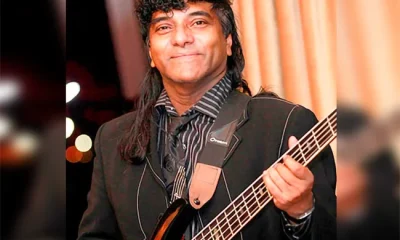
 Features5 days ago
Features5 days agoA brighter future …











